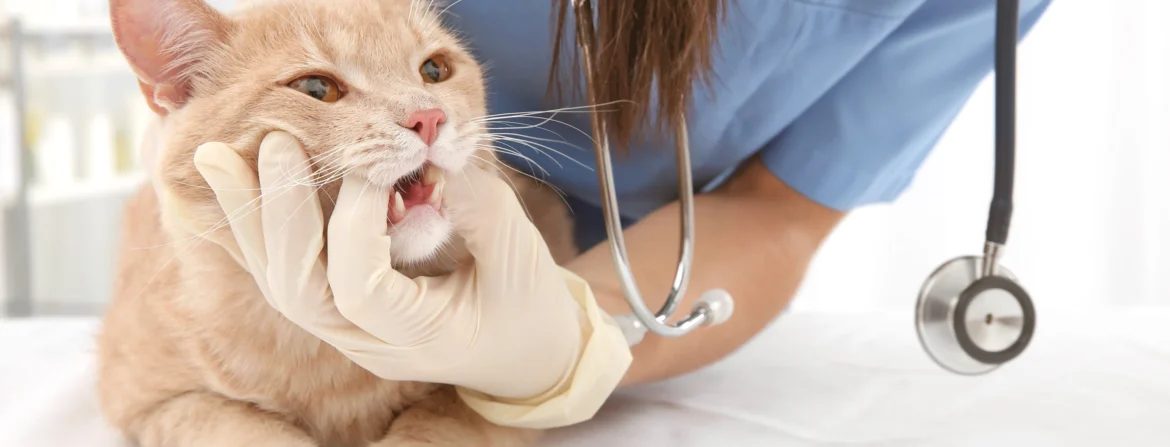In the field of veterinary medicine, accurate diagnosis is the foundation of effective treatment and successful patient outcomes. Veterinary professionals rely heavily on diagnostic tools and laboratory services to uncover the root causes of illnesses and monitor the health of animals. Among these critical tools, specialist diagnostic pathology plays a vital role in providing detailed insights that guide treatment decisions and improve animal care.
For pet owners and veterinary practitioners alike, understanding the scope and significance of specialist diagnostic services pathology helps highlight why these services are indispensable in modern veterinary care. These specialized pathology services go beyond routine tests, offering advanced analyses that aid in identifying complex diseases and conditions affecting pets and other animals.
What Is Specialist Diagnostic Pathology?
Pathology is the study of disease processes by examining tissues, cells, and bodily fluids. In veterinary medicine, specialist diagnostic pathology involves laboratory analysis performed by trained veterinary pathologists who interpret microscopic, chemical, and molecular data to diagnose health issues in animals. This branch of pathology supports veterinarians by delivering detailed reports based on samples such as blood, urine, biopsies, and cytology specimens.
These diagnostic services are essential in cases where clinical signs alone are insufficient to determine the cause of illness. Specialist diagnostic pathology provides definitive answers that allow veterinarians to tailor treatments to specific conditions, improving the likelihood of successful outcomes.
Key Areas of Veterinary Pathology Services
Veterinary pathology covers a wide range of diagnostic techniques and analyses. Some of the key areas include:
Histopathology
Histopathology involves the microscopic examination of tissue samples obtained through biopsies or surgical procedures. This technique helps detect abnormalities such as tumors, inflammatory diseases, infections, and degenerative conditions. By analyzing tissue architecture and cellular characteristics, pathologists can differentiate between benign and malignant growths, guiding decisions on surgery or chemotherapy.
Cytology
Cytology examines individual cells or small clusters collected from fluids or fine needle aspirates. It is a less invasive method than biopsies and can provide rapid information about infections, inflammation, or cancer. Cytology is commonly used for diagnosing skin lesions, lymph node swellings, and respiratory or urinary tract conditions.
Clinical Pathology
Clinical pathology involves laboratory analysis of blood, urine, and other body fluids to assess overall health and organ function. Tests may include complete blood counts, biochemical profiles, and urinalysis. These results help detect anemia, infections, kidney or liver dysfunction, and metabolic disorders. Monitoring these parameters is critical in managing chronic diseases and assessing responses to treatment.
Microbiology and Parasitology
These branches focus on identifying infectious agents such as bacteria, fungi, viruses, and parasites. Specialist diagnostic pathology uses culture techniques, molecular diagnostics, and microscopy to pinpoint the cause of infections. Identifying specific pathogens enables veterinarians to prescribe targeted antimicrobial or antiparasitic therapies.
Importance of Specialist Diagnostic Pathology in Veterinary Care
The role of specialist diagnostic pathology is crucial in several aspects of veterinary medicine:
Accurate Diagnosis and Treatment Planning
Many veterinary conditions present with similar clinical signs, making it challenging to diagnose based on symptoms alone. Specialist pathology services provide definitive diagnoses by uncovering the underlying cause of disease. This accuracy is critical for formulating effective treatment plans and avoiding unnecessary or ineffective therapies.
Early Detection of Diseases
Pathology services enable early detection of diseases before they cause significant harm. For example, identifying cancerous cells in early stages allows for timely intervention that can improve prognosis. Early diagnosis also aids in controlling infectious diseases, preventing their spread among animal populations.
Monitoring Disease Progression and Response
For chronic conditions or post-treatment follow-ups, specialist pathology tests help track the progression of disease and evaluate how well an animal responds to therapy. Regular laboratory assessments provide veterinarians with data to adjust medications, dosages, or treatment approaches as needed.
Enhancing Research and Understanding of Animal Diseases
Veterinary pathology not only benefits individual patients but also advances scientific knowledge of animal diseases. Pathologists contribute to research by analyzing disease mechanisms, which can lead to the development of new diagnostic tools and treatments.
Choosing the Right Specialist Diagnostic Pathology Services
When seeking veterinary care, it is important to ensure that your pet’s samples are sent to accredited laboratories offering specialist diagnostic services. These labs employ experienced pathologists, use state-of-the-art technology, and adhere to rigorous quality standards to guarantee accurate and reliable results.
Clinics and veterinary hospitals often collaborate with external pathology laboratories to access specialized testing that may not be available on-site. Partnering with a trusted provider of specialist diagnostic services pathology ensures that your pet’s diagnosis is based on precise and comprehensive data.
Conclusion
Specialist diagnostic pathology is a cornerstone of modern veterinary medicine, providing essential information that enables accurate diagnosis, effective treatment, and ongoing disease management. By utilizing advanced laboratory techniques and expert interpretation, these services play a vital role in safeguarding the health and welfare of animals.
For pet owners, understanding the importance of specialist diagnostic pathology helps reinforce the value of thorough veterinary assessments and encourages proactive care. Collaborating with veterinary professionals and trusted pathology providers ensures that your pets receive the highest standard of diagnostic evaluation, supporting their well-being throughout their lives.


